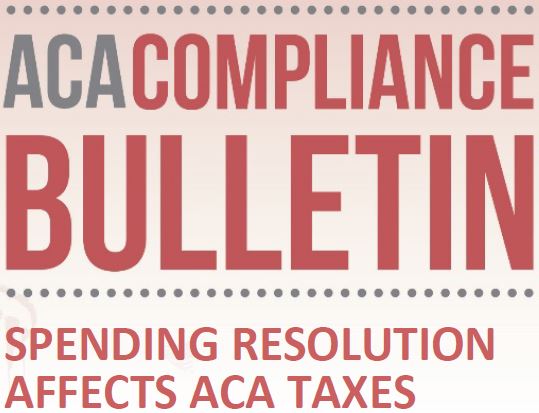
OVERVIEW
On Jan. 22, 2018, President Donald Trump signed into law a short-term continuing spending resolution to end the government shutdown and continue funding through Feb. 8, 2018. The continuing resolution impacts three taxes and fees under the Affordable Care Act (ACA). Specifically, the continuing resolution: Delays implementation of the Cadillac tax on high-cost group health coverage until 2022; Provides an additional one-year moratorium on the health insurance providers fee for 2019 (although the
fee continues to apply for 2018); and Extends the moratorium on the medical device excise tax for an additional two years, through 2019.
ACTION STEPS
Employers should be aware of the evolving applicability of existing ACA taxes and fees so that they know how the ACA affects their bottom lines. Penniall & Associates, Inc. will continue to keep you informed of changes.
Cadillac Tax Delayed
The ACA imposes a 40 percent excise tax on high-cost group health coverage, also known as the “Cadillac tax.” This provision taxes the amount, if any, by which the monthly cost of an employee’s applicable employer sponsored health coverage exceeds the annual limitation (called the employee’s excess benefit). The tax amount for each employee’s coverage will be calculated by the employer and paid by the coverage provider who provided the coverage.
To continue reading or download the entire article click here.
